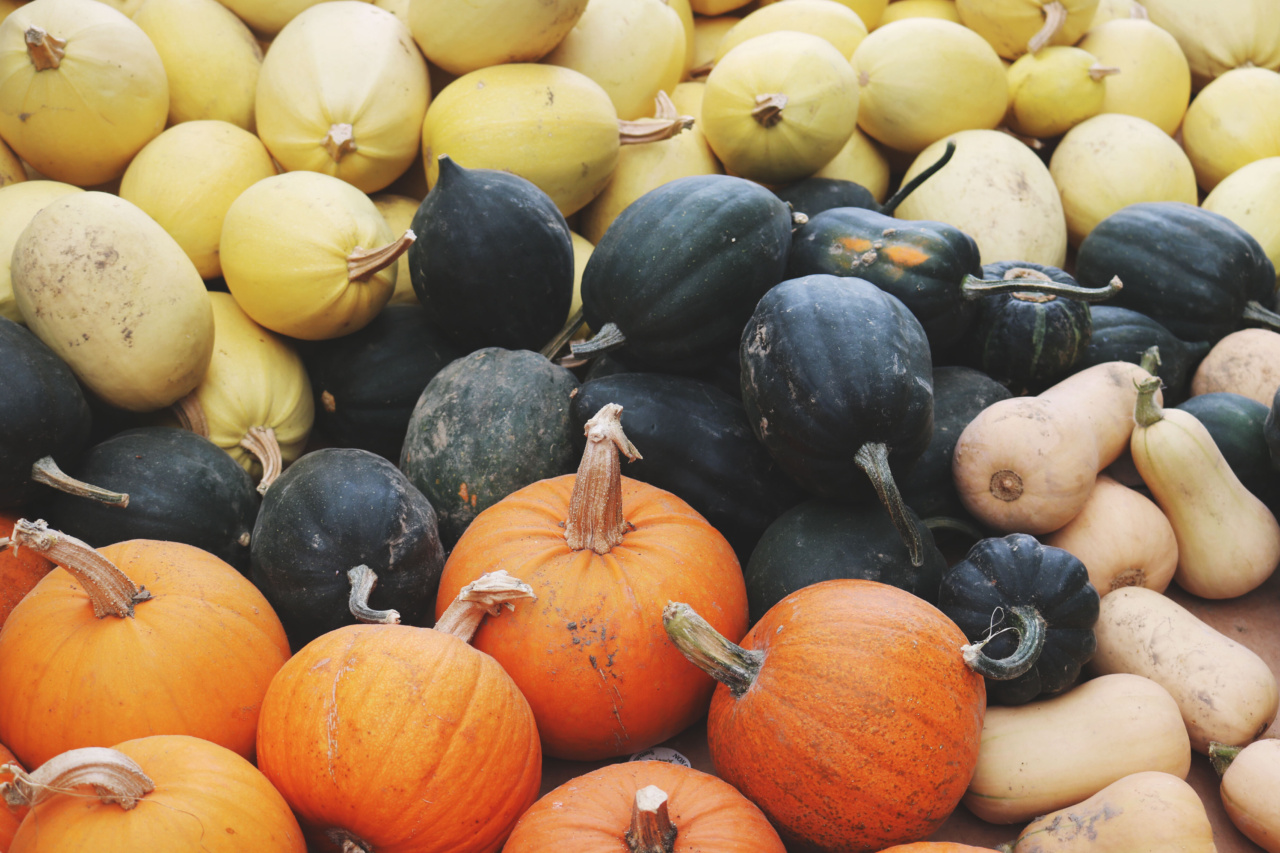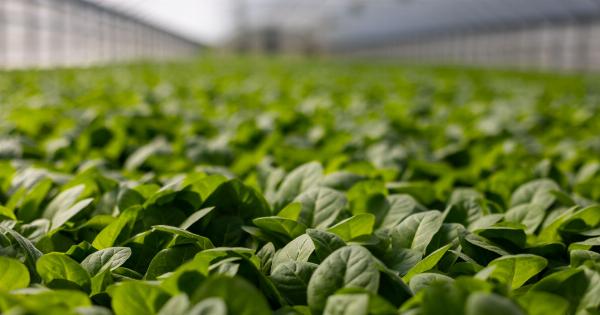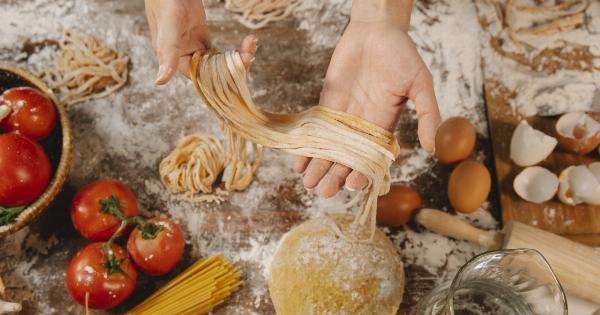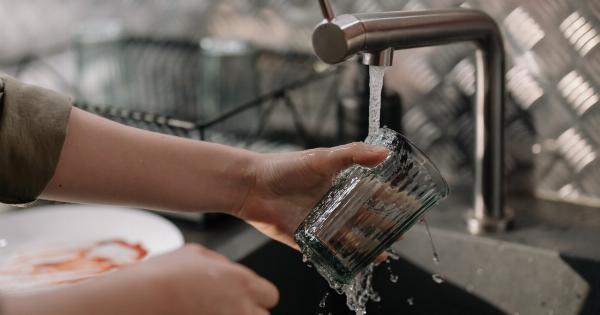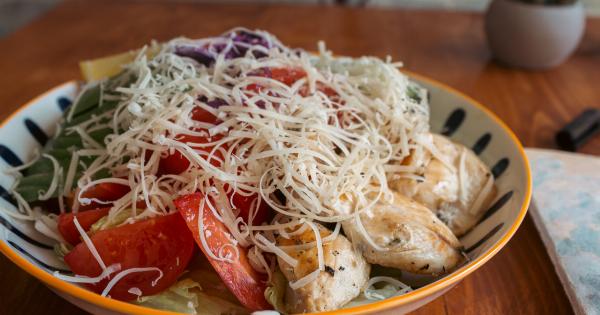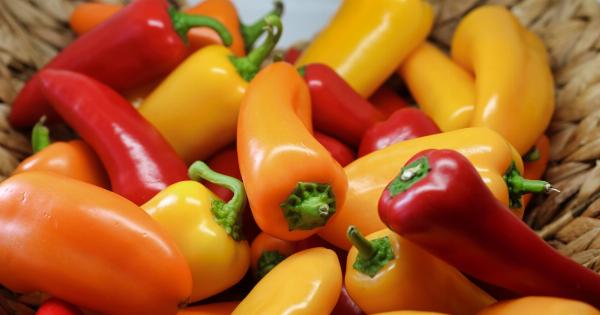Refrigerating vegetables is a common practice to keep them fresh for a longer time. However, some vegetables do not benefit from refrigeration. Refrigerating some vegetables may cause them to become mushy, lose their flavor, or even accelerate decay.
Here are 30 types of vegetables that should not be refrigerated:.
1. Tomatoes
Tomatoes are easily damaged by cold temperatures, which can affect their flavor and texture. It’s best to store them at room temperature until they are fully ripe.
2. Avocados
Avocados are another vegetable that doesn’t do well in the fridge. When refrigerated, they will lose their flavor and become a slimy mess. If you want to slow down their ripening, you should store them in a paper bag with an apple.
3. Potatoes
Potatoes should be stored in a cool, dark place, such as a pantry. Storing them in the fridge can cause them to develop a sweet taste and a gritty texture.
4. Onions
Onions are best stored in a dark, well-ventilated area, such as a pantry or a cupboard. When stored in the fridge, onions can become mushy and adversely affect other vegetables in the fridge.
5. Garlic
Storing garlic in the fridge will cause it to sprout and lose some of its flavor. It’s best to store it in a cool, dark place, such as a pantry or a cupboard.
6. Winter Squash
Winter squash, such as butternut squash and acorn squash, should be stored at room temperature. They can last for a few weeks or even months if stored in a cool, dry place with good ventilation.
7. Sweet Potatoes
Like regular potatoes, sweet potatoes don’t do well in the fridge. They can become dry and take on a hard texture. Store them in a cool, dry place, such as a pantry or a cupboard.
8. Eggplant
Eggplants should be stored at room temperature until they are ready to be cooked. Refrigerating them can cause them to become mushy and lose their flavor.
9. Cucumbers
Cucumbers should be stored at room temperature until they are ripe. Refrigerating them can cause them to become slimy and lose their flavor.
10. Bell Peppers
Bell peppers are another vegetable that don’t need to be refrigerated. They can be stored at room temperature until they are ripe. Refrigerating them can cause them to become mushy and lose their flavor.
11. Hot Peppers
Hot peppers should be stored at room temperature until they are ready to be used. They will lose their flavor and heat if stored in the fridge.
12. Green Beans
Green beans should be stored at room temperature to maintain their freshness and flavor. Storing them in the fridge can cause them to become limp and tasteless.
13. Corn
Store corn on the cob at room temperature until it’s ready to be cooked. Refrigerating it can cause it to lose its sweetness.
14. Carrots
Carrots should be stored in a cool, dry place, such as a pantry. Refrigerating them can cause them to become limp and lose their flavor.
15. Celery
Celery should be wrapped in plastic and stored in the crisper drawer of the fridge to maintain its freshness and crispness.
16. Basil
Storing basil in the fridge can cause it to become brown and wilted. It’s best to store it on the counter in a glass of water, like a bouquet.
17. Lemons
Lemons can be stored at room temperature for up to a week. Storing them in the fridge can cause them to dry out.
18. Melons
Once melons are fully ripe, they should be stored in the fridge to keep them fresh and crisp. Store them in a plastic bag to prevent moisture loss.
19. Zucchini
Zucchini should be stored at room temperature until they are ready to be used. Storing them in the fridge can cause them to become mushy and lose their flavor.
20. Pumpkins
Pumpkins should be stored at room temperature in a cool, dry place until they are ready to be cooked or carved.
21. Beets
Beets should be stored in a cool, dry place, such as a pantry or a cupboard. Refrigerating them can cause them to lose their sweetness.
22. Turnips
Turnips should be stored in a cool, dry place, such as a pantry or a cupboard. Storing them in the fridge can cause them to become rubbery.
23. Radishes
Radishes should be stored in a cool, dry place until they are ready to be eaten. Storing them in the fridge can cause them to become rubbery and lose their flavor.
24. Cabbage
Cabbage can be stored in the fridge for up to a week, but it should be wrapped in plastic to prevent it from drying out.
25. Broccoli
Broccoli should be stored in the fridge in a plastic bag to maintain its freshness and crispness.
26. Cauliflower
Cauliflower can be stored in the fridge for up to a week, but it should be wrapped in plastic to prevent it from drying out.
27. Brussels Sprouts
Brussels sprouts should be stored in the fridge in a plastic bag to maintain their freshness and crispness.
28. Artichokes
Artichokes should be stored in the fridge in a plastic bag to prevent them from drying out and maintain their freshness.
29. Asparagus
Asparagus can be stored in the fridge for up to a week, but it should be wrapped in plastic to prevent it from drying out.
30. Spinach
Spinach should be stored in the fridge in a plastic bag to maintain its freshness and prevent it from drying out.
